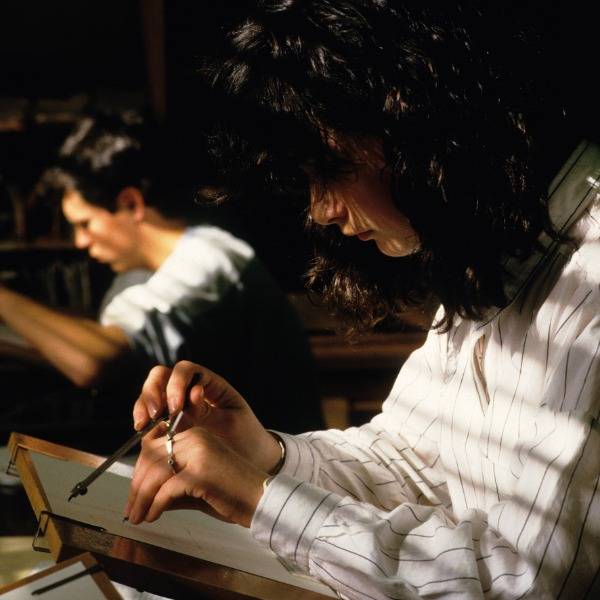In June, the Girl Guides revealed their new oath, which replaced the old wording “I promise that I will do my best to love my God” with “I promise that I will do my best to be true to myself and develop my beliefs.” As usual, doomsday warnings ensued, with concerned observers stating that godless scouting groups would now be forced to allow anyone from Satanists to anarchists to take over the beloved institution. We have yet to witness any Guide groups handing out badges for ritual sacrifice or graffiti painting, but now some Guide group leaders are uniting their forces to hold on to the old promise.
Earlier in July, the leaders of the Harrogate Girl Guides wrote a letter to a local newspaper outlining their dismay with dropping God from the pledge. “No-one need join girlguiding, so removing the reference to God in the interests of inclusivity removes much of what we stand for. You would not join the Lawn Tennis Association and insist they had to make provision for all other sports. Girlguiding has God at its core and anyone who has issue with this is free to start their own organisation,” the letter reads. As a concession to non-believers, the leaders would offer the option to recite the new pledge, while everyone else will use the old one.
The National Secular Society has written to Girlguiding UK to clarify if all guide groups will be required to use the new promise. NSS received the news from the Harrogate Guides’ volunteering leader Jem Henderson, 28, after the leaders of her group expressed their wish to continue with the old promise. Henderson, who is an atheist, was unsurprisingly upset about this: “This demonstrates that the new promise is just for show, and that the Guiding movement, at least in Harrogate, is still excluding people from secular walks of life," she said. The new promise will come into effect on September 1st.
Opposition to the new secular promise is unsurprising. Many Girl Guide groups use churches as their venues, and an organisation with over 500,000 members will certainly include people with strong wishes to combine a deity with their scouting activities. But, what is maybe more interesting than one group’s leaders’ adherence to the Almighty are the comments of the various supporters of the Harrogate Guides’ resistance.
To some, dropping God from the promise seems to mean that all Guides will now be faithless. The Rev Brian Hunt, minister of the church where Harrogate Guides meet said: “My church allows the Guides to use my premises for free. And we do that because they've always tried to look after the whole person – body, mind and soul – and we encourage that. I don’t think, in fairness, that Girl Guides can expect churches to provide premises for free when they don’t believe in God.”
Others are worried that the new pledge will somehow increase intolerance. Rt Rev Michael Nazir-Ali, the former Bishop of Rochester, has said that he hopes “many others” would follow the stance taken by the Harrogate leaders. “If these people really do believe in diversity and this is not just a back door to secular totalitarianism, they should be supported in this,” he added. Christian Concern’s Pete Norris stated that values of the Guides are clearly linked to a Christian world view and therefore refusing to include the option of an oath to God shows a “lack of tolerance”. He is also worried that the new pledge’s wording “be true to yourself” is too difficult for children to understand.
As scouting activities do not require belief in a God, why would it be necessary for the oft-recited pledge to refer to a deity (not to mention the implicitly implied Christian God)? Any Christian church’s decision to ban Guides from their premises for being faithless seems to come a bit late, as the Girl Guides is not a Christian organisation and has always accepted members from any religious background. A secular promise is the most fitting oath for such an institution, as it encompasses all the members, not only non-believers. It is also difficult to see how using both the old and the new promises would increase tolerance, or somehow make the pledge less confusing (Rev Hunt suggests that giving people the option is an “ultra-modern” way to deal with this), as girls would from the beginning be put into two groups: those who believe and those who don’t.
Finally, and this is what those troubled by the new promise seem to forget, the secular pledge does not involve swearing to give up your God. It does not require girls to pledge themselves to atheism (or Satanism or anarchism for that matter). What a Guide promises is to develop her own beliefs, which all girls can pledge to do with a clear conscience whether they believe in God(s) or not. I’d like to think that for most Guides, their scouting experience is not about the opportunity to swear allegiance to a deity, but about fun activities, exciting new skills, and spending time with friends, no matter which belief background they may come from.

